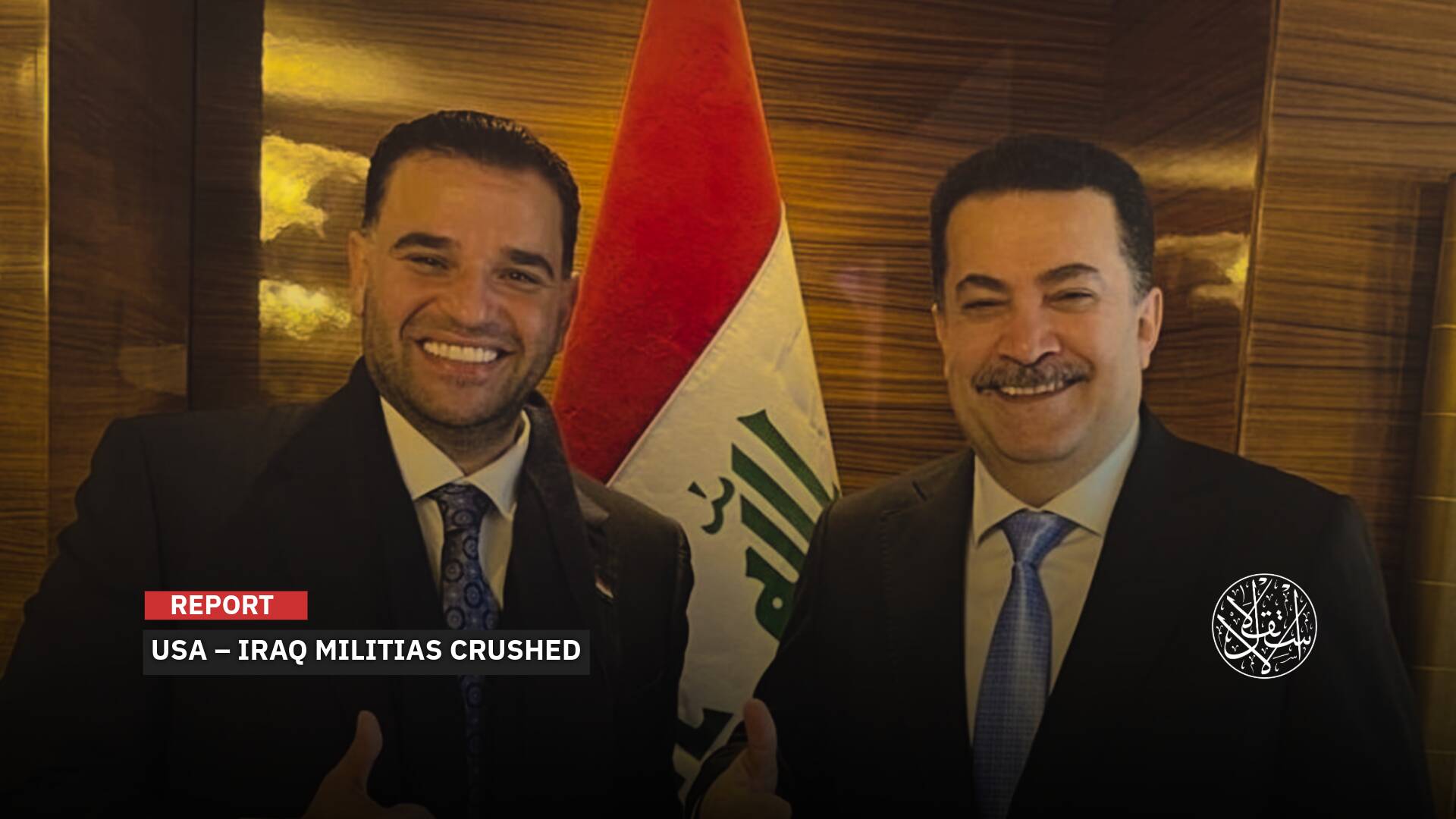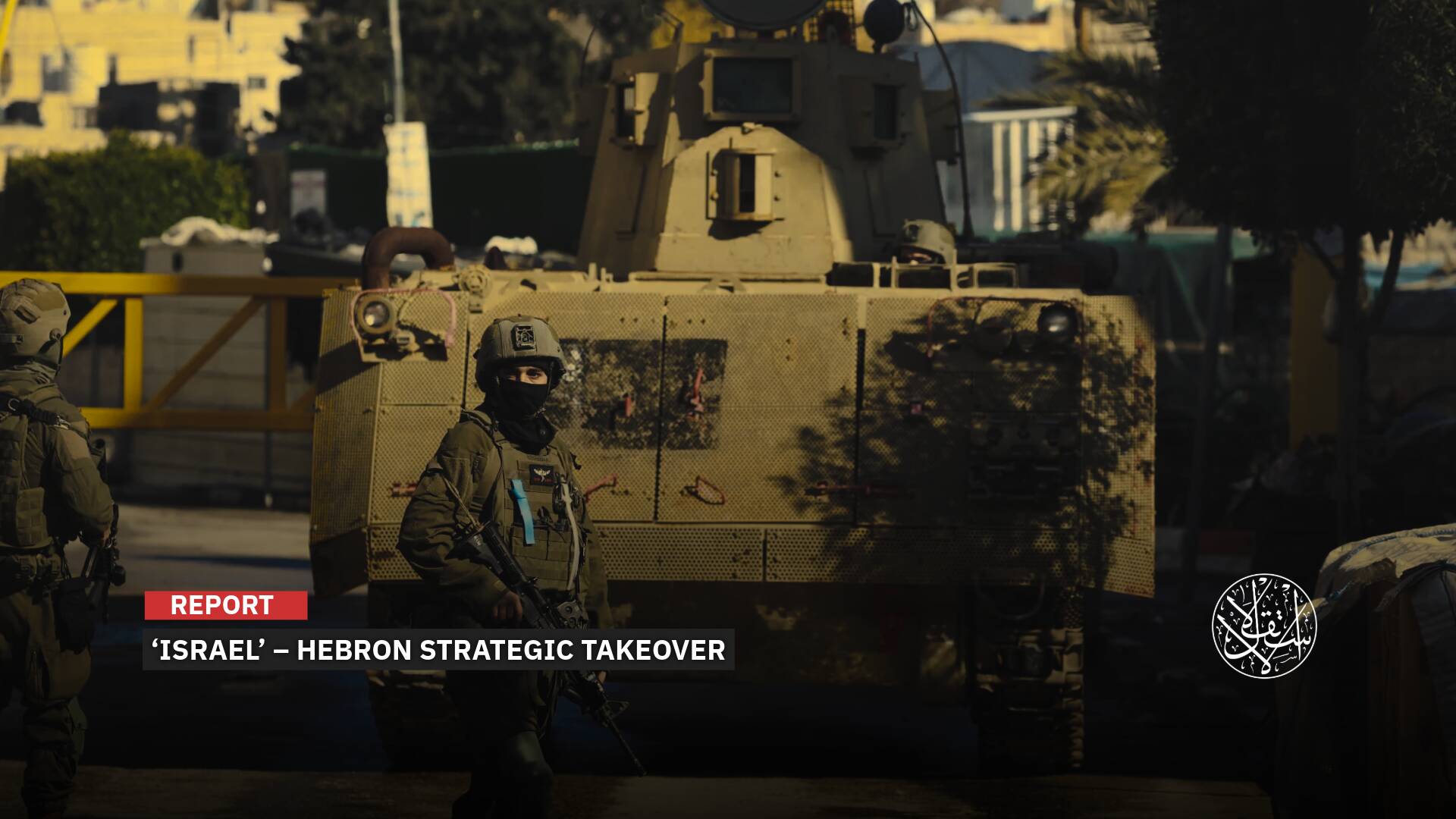Partnership with Niger: How Turkiye Works to Fill the Western Vacuum in Africa

“Turkish drones were recently delivered to Chad, Togo, Burkina Faso, Mali and Niger.”
After the separation of African countries from the old Western colonialism became irreversible, new partners sought to fill that void, especially in the West African region, which is rife with military changes.
Turkiye was among those countries that sought to fill the Western vacuum. Therefore, it threw its weight behind the military junta in Niger, hoping to succeed in finding a foothold for its companies in that region rich in investments and resources.
The recent visit of the Turkish delegation to Niger confirmed the great interest Ankara attaches to this African country, which is ruled by General Abdourahamane Tiani, who came to power in a military coup almost a year ago.
Under the leadership of its President Recep Tayyip Erdogan, Turkiye is working to increase its diplomatic and economic influence across Africa and strengthen its ambitions from the east of the continent to its west, at a time when it is preparing to begin exploration for gas and oil off the Somali coast.
Ankara also developed defense agreements: from Somalia in 2017 to Libya in 2019, and strengthened its influence in Kenya, Rwanda, and Ethiopia in the east, and in Nigeria and Ghana in the west.
These agreements later led to the conclusion of contracts between these African countries and the Turkish Defense Industries Corporation, especially in the field of drones, which are considered reliable, inexpensive, and desirable in the war against terrorism.
Turkiye recently delivered a number of drones to Chad, Burkina Faso, Mali, and Niger, in addition to Togo, with which it has strengthened cooperation since 2021.
Turkiye-Niger Cooperation
For two decades, Turkiye has been working to expand its presence on the African continent, which, according to economic estimates, possesses about 65% of global resources that have not been exploited.
Following the wave of coups in the African Sahel countries, which began in 2020 in Mali, and the decline of French influence in West Africa, Turkiye increased its movements through arms and economic cooperation channels to be a strongly present partner in the region that is witnessing an influence race between global powers.
Turkiye ranks fourth among the most diplomatically represented countries on the African continent, after the United States, China, and France.
Interest in developing these relations dates back to 2005 when Ankara became an observer member of the African Union. In the same year, it also announced a map of openness to Africa.
Several days ago, a high-level Turkish delegation consisting of the Ministers of Foreign Affairs, Defense, and Energy, in addition to the Chief of Intelligence and the Deputy Minister of Trade, arrived in Niger’s capital, Niamey.
A visit during which the issue of economic cooperation was discussed, and during which Ankara received promises from Niger to grant its investors all facilities.
The two countries also signed a declaration of intent on cooperation in the field of oil and natural gas, which opens the door to supporting and encouraging Turkish companies in developing oil and natural gas fields in Niger.
The field of defense was not far from the objectives of the visit, especially since two Turkish military officials were among the delegations, which was indicated by Ankara's Foreign Minister Hakan Fidan.
He also indicated that what could be done to improve the defense and intelligence industry was discussed in the context of combating terrorism, which is the main source of instability in the Sahel region.
Fidan pointed out that cooperation relations between Turkiye and African countries continue to grow in areas such as diplomacy, economy, finance, security, defence, education, and health.
In turn, Nigerian Prime Minister Ali Lamine Zeine welcomed the dynamism of cooperation with Turkiye, especially in the field of defence.
The Turkish delegation also met with Nigerien President General Abdourahamane Tiani, who took power in July 2023, after the military junta he led ousted President Mohamed Bazoum and changed the country's loyalties, by expelling Western forces and ending security agreements with the European Union.
Niger has worked to change its international partnerships and expelled from its territory French soldiers who were deployed in the fight against terrorist groups, and American soldiers will leave by next September.
Germany also announced the end of its military cooperation by the end of next August due to the lack of reliability in its relations with Niamey.

Uranium
Last February, Nigerien PM Ali Lamine Zeine visited Ankara. During his meeting with Turkish President Recep Tayyip Erdogan, he announced that “the security challenge imposed on us requires that we have all the necessary means to guarantee our defense, and we know that you are able to guarantee that for us.”
In turn, Erdogan affirmed Turkiye's support for Niger's steps to enhance its political, military, and economic independence, noting that Turkiye stands against foreign military interventions targeting the Nigerien people, and will continue to take steps to increase the volume of trade between the two countries.
The 2023 coup did not disrupt diplomatic relations between Turkiye and Niger, which was evident in the appointment of the first Turkish defense attaché to Niger at the beginning of this year.
Bloomberg Agency revealed that Turkiye's attempts at rapprochement with Niger come with the aim of securing Ankara's access to uranium, in order to support the emerging nuclear energy industry in the country.
Over the past year, Niger's military government has withdrawn mining rights from Canadian and French companies to develop uranium deposits.
According to Bloomberg, Turkiye is seeking to secure uranium supplies for the Akkuyu nuclear power plant located on the Mediterranean Sea, which is being built by the Russian company Rosatom, as well as two other facilities that are planned for construction.
Niger has Africa's highest-grade uranium ores, and it is also the world's seventh-biggest producer of uranium.
“Ankara is not seeking to buy uranium from Niger for its first nuclear power plant being built by Russia's Rosatom at Akkuyu in Turkiye's Mediterranean region,” a Turkish diplomatic source told Reuters.
The Turkish delegation's visit this month comes at the same time Russia is trying to seize some of Niger's uranium assets, Bloomberg reported last month.
Turkish companies have strengthened their presence in Niger, after winning a number of contracts, including a contract worth €152 million to modernize Niamey Airport, other contracts worth €50 million to build a luxury hotel, and €38 million for the new headquarters of the Nigerien Ministry of Finance.
In 2019, Turkiye established a €100 million hospital in Maradi, Niger's second-largest city.

Geopolitical Move
In light of its interest in developing Turkish-African relations, Ankara increased the number of its embassies in Africa from 12 embassies in 2002 to 44 embassies today.
Within the framework of an integrated vision that places Africa within a broad geo-political movement, Turkiye has expanded its economic and military presence in Africa in recent years.
Turkiye's trade with sub-Saharan Africa has grown significantly, with exports reaching €7.1 billion and imports reaching €2.8 billion by 2023.
However, Turkiye's overall market share in Africa remains modest compared to major players such as China and France.
Turkiye's strategic investments are primarily focused on infrastructure, such as airports and ports, and in sectors such as energy and mining.
Large Turkish investments and partnerships are concentrated in Somalia, Nigeria, South Africa, Côte d'Ivoire, Ghana, and Sudan.
In 20 years, the volume of Turkish trade with the African continent has increased eightfold, reaching $40.7 billion in 2023, according to the Turkish Ministry of Trade, in addition to investing $85.5 billion in projects, including Turkish entrepreneurs.
In addition to the economy and energy, the military dimension is one of the most important dimensions that Ankara focuses on in its relations with African countries, to the point that Ankara has become one of the arms suppliers to the countries of the African continent.
Niger purchased 6 Bayraktar-TB2 combat drones from Turkiye in May 2022, after the two countries announced, in November 2021, a deal that included the supply of weapons to Niger.
Turkiye is famous for its combat drones, which have become an essential component of the armies of Mali and Burkina Faso, which are allies of Niger, which are also governed by two military juntas and confront terrorist groups.
Turkiye has also established several military bases in Africa over the past years, such as Camp TURKSOM in Somalia.
Ankara also now has several military representative offices in Africa, numbering 37.
Turkiye has also provided several African countries with military training and equipment, especially drones and armored vehicles, most recently with Somalia and Djibouti.
In addition to the security cooperation agreement with Mozambique last May, which allows Turkish military ships to expand their presence to the coasts of the southern continent.
The Turkish government is also expected this year to approve a military agreement to train the Ugandan army and special forces.

In turn, political analyst Mahmoud Alloush explained in a statement to Al-Estiklal that “the rise of Turkish influence in Africa is part of a broad foreign policy that aims to influence the course of regional and international events by concluding new partnerships away from the West.”
“Turkiye is seeking to take control of the role that France was playing in Africa, by providing support to confront extremist groups on the African coast, but in a different way,” he said.
Mr. Alloush also pointed out that “Turkiye has become a reliable partner in the Sahel region, which is witnessing a race for influence between global powers, which has resulted in the formation of a new bloc, consisting of Burkina Faso, Mali, and Niger, all of which are allies of Turkiye.”










